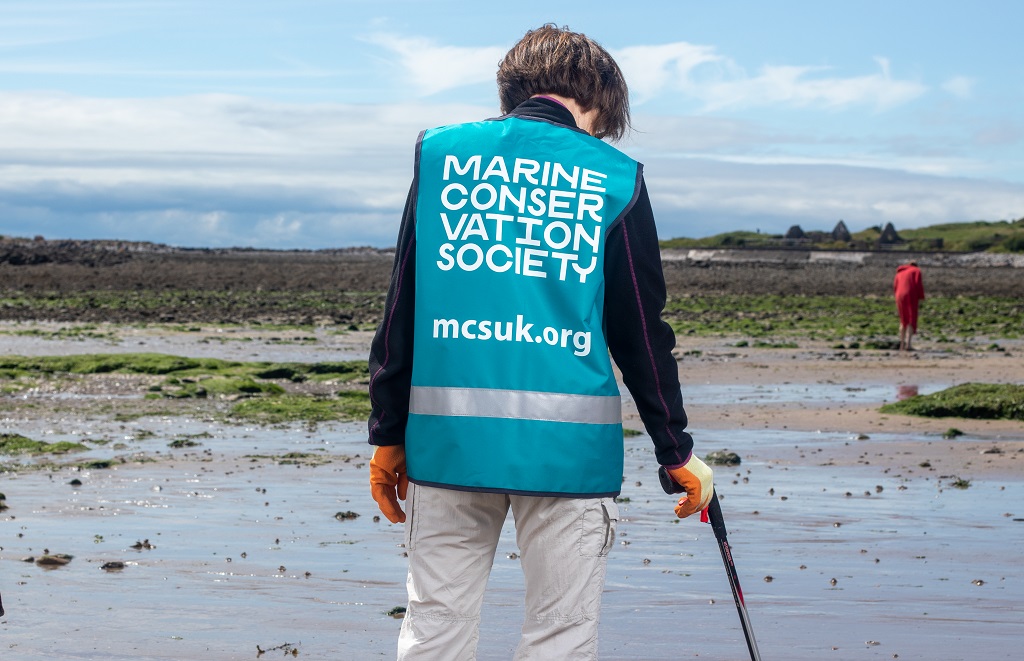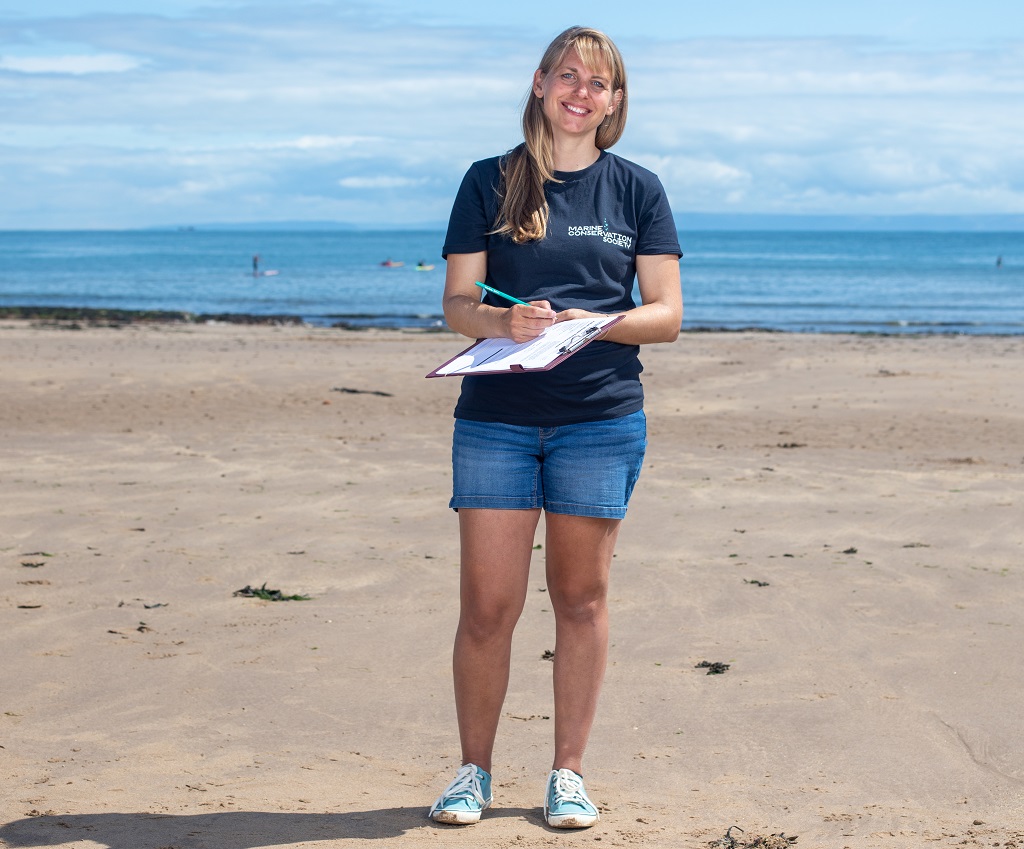The Marine Conservation Society is holding its annual Great British Beach Clean – and is calling for volunteers from across Scotland to join in and help.
Scotland’s beaches and seas are a haven for an incredible variety of wildlife, which are put at risk by pollution. Animals can get tangled in plastic packaging, become distressed, or mistake pollution such as plastic bags for food. This often proves fatal to them.
This year’s event is taking place from Friday 17 – Sunday 26 September.
Figures show that:
- 298 items of litter on average are found for every 100 metres of Scottish beach cleaned in 2020
- PPE was found on almost 30% of beaches at last year’s Great British Beach Clean
- There has been a 76% drop in bags found on beaches since Scotland introduced its carrier bag charge in 2014
Catherine Gemmell, Scotland conservation officer at the Marine Conservation Society: ‘So many have found peace and enjoyment at the beach over the last year and with more of us heading to the coast this summer we need as many people as possible to help give something back to our spectacular Scottish shores. With this year being designated as the Year of Coast and Waters we look forward to seeing locals and visitors enjoying Scotland’s world class beaches while looking after them at the same time.’

The Great British Beach Clean, supported thanks to funding raised by players of People’s Postcode Lottery, is more than just a clean up. Every year volunteers make note of the litter they collect, sharing the data with the Marine Conservation Society’s experts.
The charity has used data collected to make the case for carrier bag charges across the UK, including the recent increase to 10p in Scotland. The charity also campaigned for an all-inclusive Deposit Return Scheme, due to start in Scotland in July 2022.
Since the introduction of the 5p carrier bag charge in Scotland in 2014, the Marine Conservation Society reports a 76% drop in single-use bags found on Scottish beaches. It is hoped that the increase to 10p will cause an even further drop in bags on beaches. At last year’s Great British Beach Clean, volunteers found an average of 298 items of litter for every 100 metres of Scottish beach cleaned.
Lizzie Prior, beachwatch officer at the Marine Conservation Society: ‘We’re hoping that more volunteers than ever before are beach clean ready this year. After having to downsize during lockdown last year, we want to gather as much data as we can to understand the state of pollution on the UK’s shores.’
Logging the impacts on the environment of the pandemic, the charity asked volunteers to note how much PPE equipment, like face masks and gloves, they came across on the coast. Last year, face masks and gloves were found on almost 30% of beaches cleaned by volunteers.
Most litter that ends up on the beach and in the sea starts its journey in villages, towns and cities miles from the coast. In fact, more than 90% of plastic in Scotland’s seas comes from littering on Scottish land. So, for those not based by the sea, the Marine Conservation Society’s Source to Sea Litter Quest is a fantastic way to get involved, and stop pollution before it makes its way to the sea. Volunteers taking part in a Litter Quest can keep beaches and seas clean, even when miles away from the coast.

Volunteers are encouraged to sign up for a beach clean from 17-26 September this year via the Marine Conservation Society’s website.
For those wanting to play their part ahead of September’s Great British Beach Clean, the Marine Conservation Society’s Plastic Challenge is running throughout July and offers tips and tricks to reduce everyday single-use plastics, stopping pollution at source. The charity’s Plastic Free Seas appeal is raising money to support beach cleaners doing what they do best, providing equipment to make beach cleaning easier, and training up new volunteers.
The Marine Conservation Society campaigns for clean seas and beaches, sustainable fisheries, and protection of marine life. Through education, community involvement and collaboration, the Marine Conservation Society raises awareness of the many threats that face our seas and promotes individual, industry and government action to protect the marine environment. The Marine Conservation Society provides information and guidance on many aspects of marine conservation and produces the Good Fish Guide as well as involving thousands of volunteers in projects and surveys such as Beachwatch.
The charity has run a dedicated Scotland programme from its Edinburgh office, established in April 2000.
For more details visit www.mcsuk.org
TAGS

